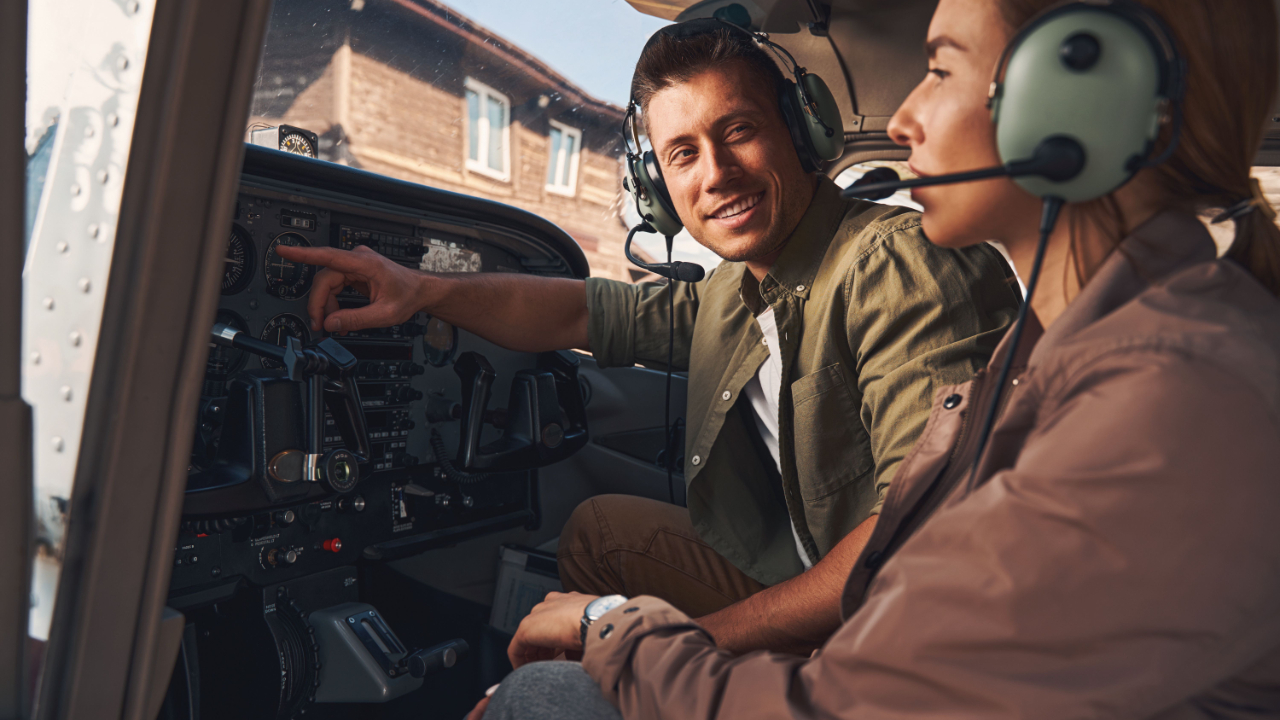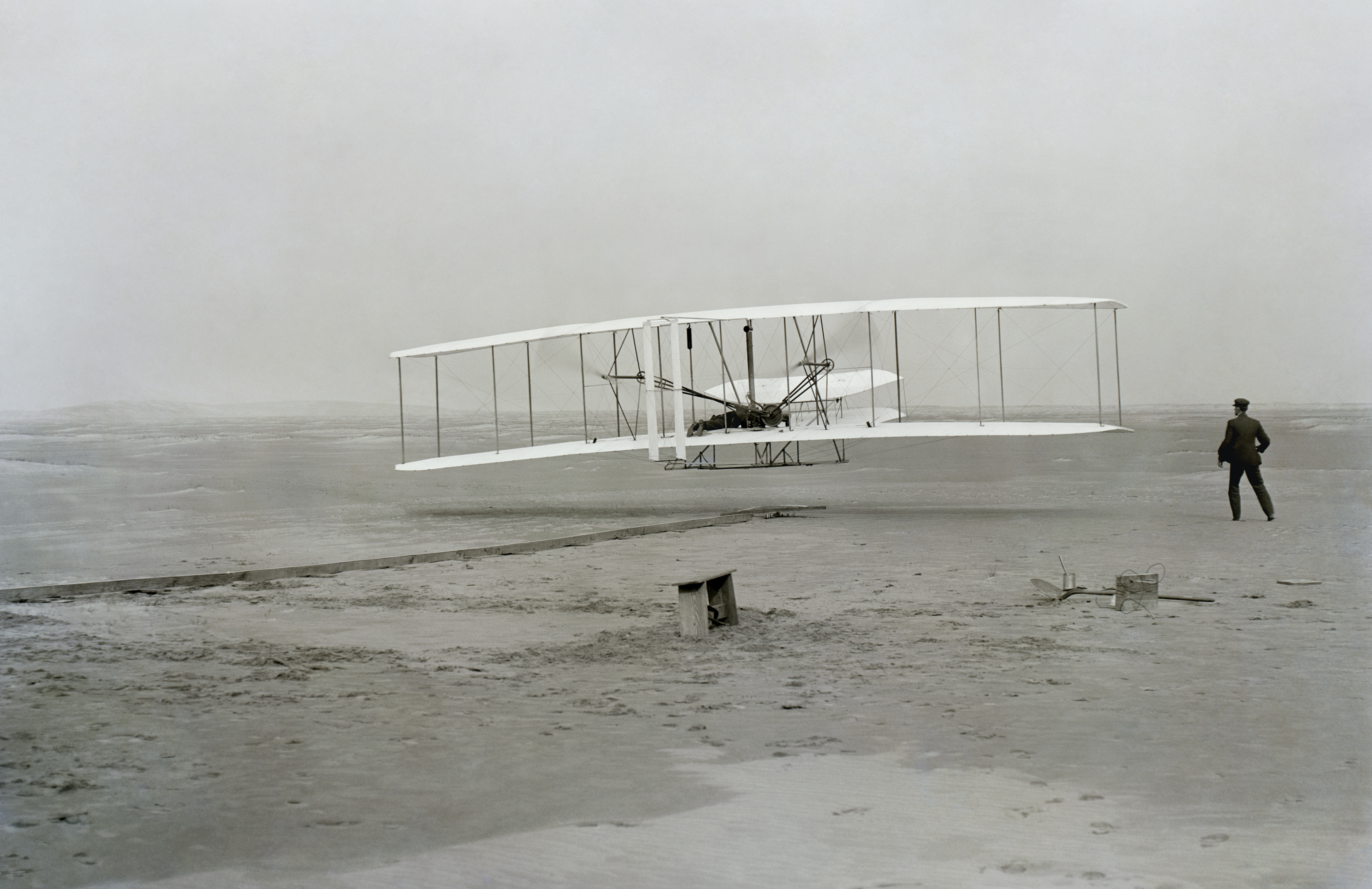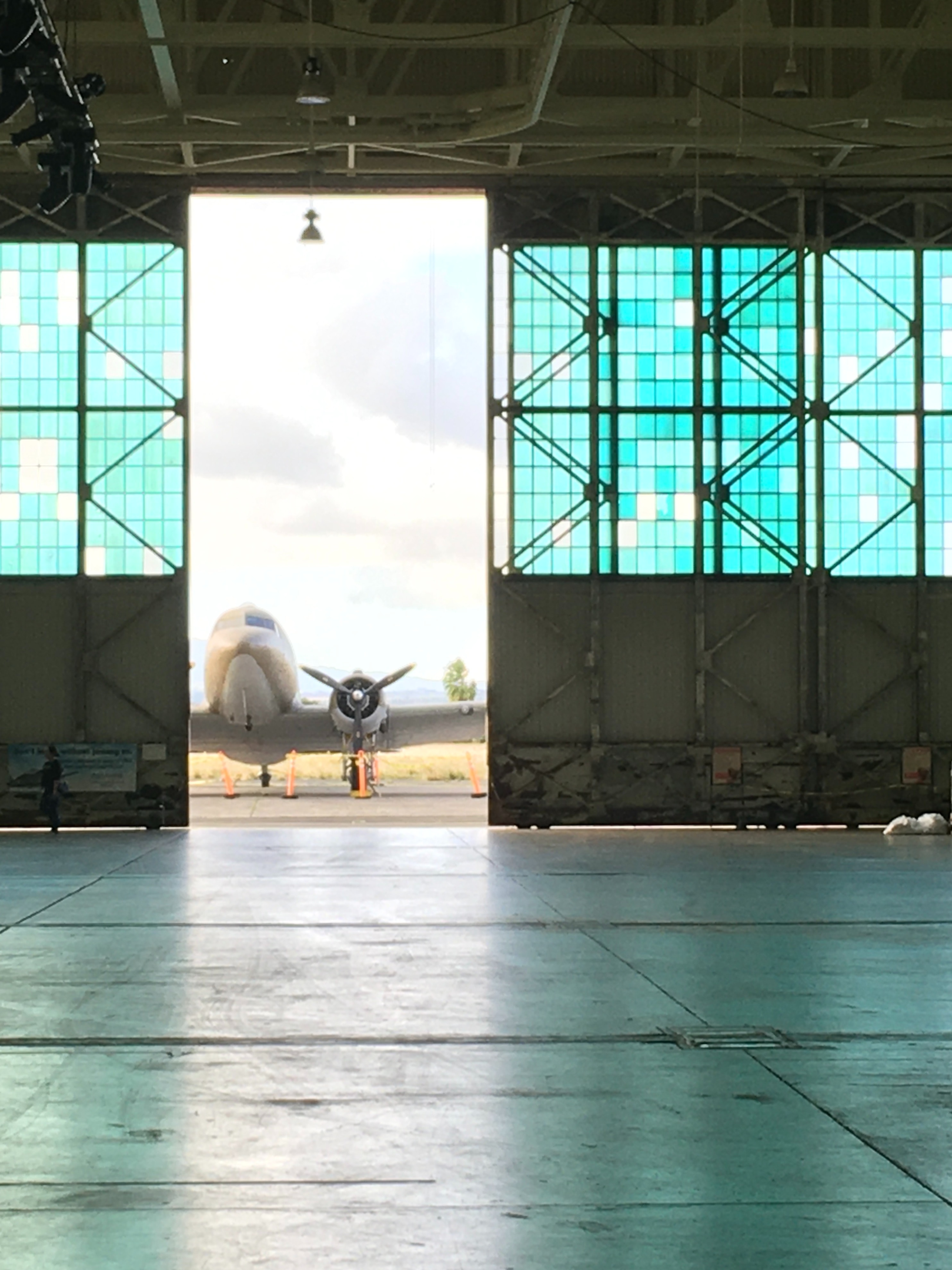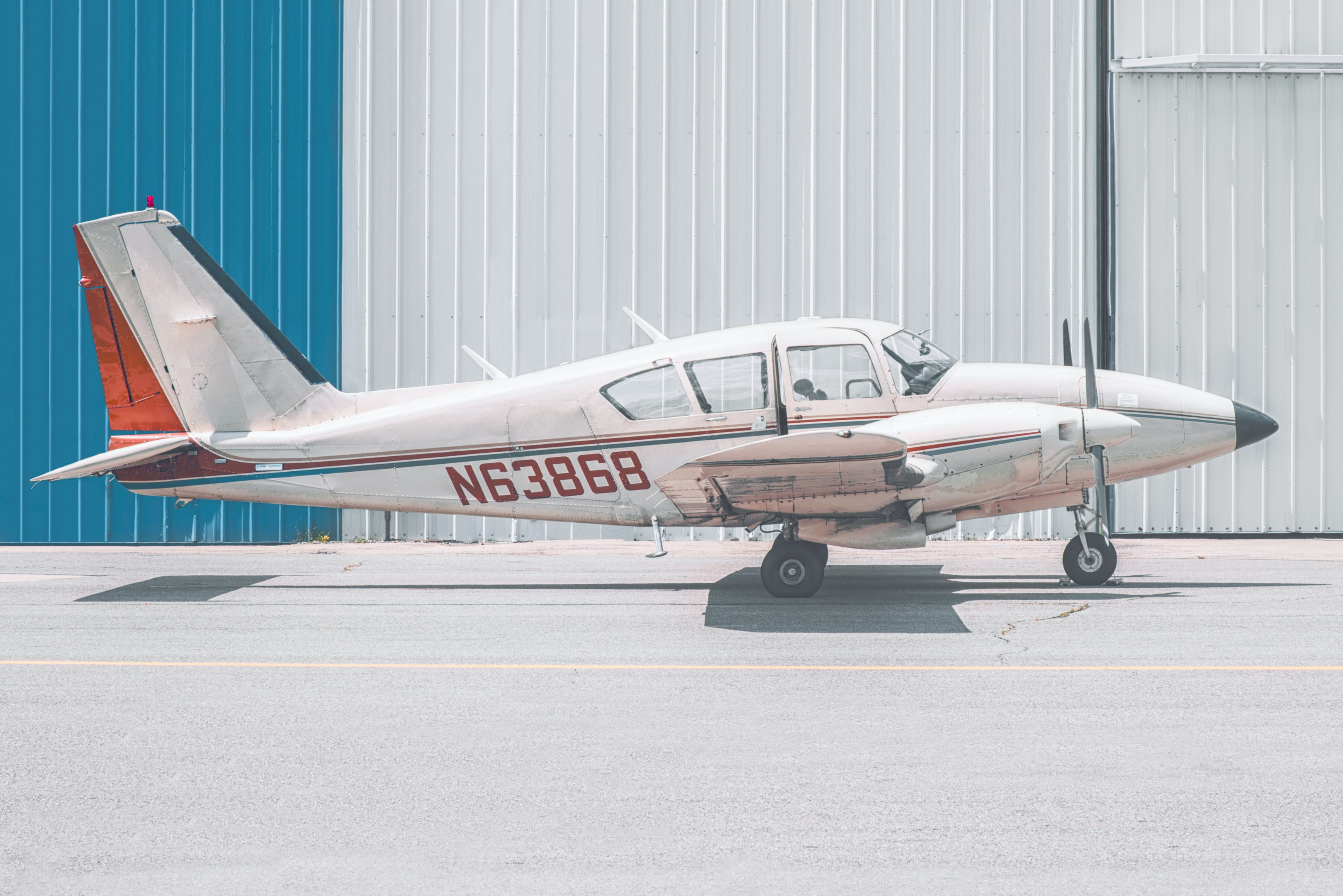Is a Private Pilot License Worth It? Benefit Guide
Jul 14, 2023
A Private Pilot License (PPL) is a certificate that allows individuals to fly aircraft for personal use. A private pilot license does not allow you to work for an airline or make money but is a good choice for hobbyists who want to fly small planes with friends and family as passengers.
It is an important credential for aviation enthusiasts who wish to become a pilot of aircraft and experience the freedom of flight. The private pilot license is recognized globally and serves as a foundation for further pilot training and advancement in aviation.
The acquisition of a private pilot license comes before that of a Commercial Pilot License and that comes before the Airline Transport Pilot License (ATPL). There are also other more advanced license ratings.

Significance
Before delving into the question of is private pilot license worth it, it is essential to understand the significance of this certification and a few requirements involved.
The aviation industry, known for its adherence to strict safety regulations, necessitates comprehensive training and knowledge to ensure the safety and proficiency of pilots.
Getting a private pilot license is not something to take lightly, as it requires significant flight time and financial commitment to accomplish.
Every student pilot or individual in flight training school has a responsibility to act professionally and to understand the weight that comes with flying a plane.
Obtaining a private pilot license involves several costs, including flight training, ground school, medical examinations, and flight test and license fees.
In the United States, the average overall cost can range from $6,000 to $20,000, depending on the flight school and the frequency of your training sessions.

It is also essential to understand that there is more than just the cost of tuition. You'll also need to factor in additional expenses such as the cost of a physical exam, books and charts, navigation equipment, an FAA written test fee, and other miscellaneous costs.
You may be eligible for financial aid or scholarships from your school or local flying club, and there are also a number of aircraft financing options available. Be sure to do your research and explore all the possibilities before making any decisions about how to pay for your training.
All of this needs to be taken into consideration when endeavoring to acquire any pilot license, let alone a private pilot license. The question of whether all of this is worth it really comes down to the individual.
But here at Flight Nerd Air Force, we always strive to keep our clients as informed as possible about flight training so you can know if or which license type is right for you.

Benefits of a Private Pilot's License
Obtaining a private pilot license offers a range of benefits that go beyond the thrill of flying. Flying lessons bring personal fulfillment and a sense of accomplishment. Mastering the skills required to pilot an aircraft is a challenging and rewarding endeavor.
It allows individuals to push their limits, conquer fears, and gain confidence in their abilities. Often, becoming a pilot is a lifetime dream that began in childhood. The feeling of taking off and maneuvering through the sky is an unparalleled experience.
Travel
A private pilot's license provides enhanced travel opportunities and flexibility. Individuals can now rent aircraft to fly themselves and their passengers to various destinations, saving time and cutting out the hassle that comes with commercial airlines.
A private pilot's license opens up a whole new world of exploration and adventure, enabling pilots to visit remote locations (ever been to Alaska?), experience the world's natural beauty, or plan weekend getaways at their convenience.
Moreover, obtaining a private pilot's license involves the development of valuable skills and knowledge. Pilots learn about aircraft systems, navigation techniques, meteorology, aerodynamics, and air traffic control procedures.
These skills not only contribute to safer and more efficient flying but also enhance problem-solving and multitasking abilities.
Flying involves making many decisions in a short period of time, all of which involve keeping the plane in the air. The pressure of the situation is a great way to perfect decision-making skills which can be applied to many aspects of life.
The comprehensive training received during the private pilot license journey equips individuals with valuable skills that can be applied to various aspects of life.

Potential Career
A private pilot license opens up the way for future career opportunities and advancement in the aviation community.
While the FAA prohibits private pilots from flying as commercial pilots, it serves as a stepping stone for further certifications and licenses, such as an instrument rating or a commercial pilot license.
The typical commercial pilot starts their career by providing flight instruction, flying for charter companies, or participating in aerial photography or surveying.
For those passionate about aviation, the PPL can be a gateway to a dream career. An airline transport pilot license is the highest class of pilot license and is usually a requirement to work for an airline.
Things to consider
Before pursuing a private pilot license, it's crucial to carefully consider several factors that can impact the journey toward becoming a licensed pilot.
Time commitment and dedication required
Obtaining a private pilot license requires a significant time commitment and dedication. Flight training involves ground instruction and flight hours, and students must invest substantial time in studying aviation theory, practicing flight maneuvers, and gaining practical experience.
It's important to assess one's schedule and determine if there is sufficient time available to commit to regular training sessions and study. Most people are able to pass the written test on their first or second try but significant effort is expected. As long as a healthy respect for the flight test itself is maintained, any aspiring pilot candidate should excel.
Financial costs and budgeting for flight training
Pursuing a PPL comes with financial considerations. Flight training expenses can vary depending on factors such as the location of the flight school, aircraft rental rates, certified flight instructor fees, and examination fees.
It's essential to create a realistic budget and consider the financial implications of flight training, including the cost of training materials, medical examinations, and potential additional expenses.
Physical and medical requirements: Piloting an aircraft requires a certain level of physical fitness. Before getting a private pilot license, individuals must meet specific physical and medical requirements, which may include passing a medical examination conducted by an aviation medical examiner.
It's crucial to assess one's health and ensure that any potential medical conditions or limitations will not hinder the ability to obtain and maintain a private pilot license. By carefully considering these factors, individuals can make an informed decision regarding their readiness and suitability for pursuing a PPL.
Read more about the expenses of getting a pilot license in this article.
Cost Benefit Analysis
When considering the pursuit of a pilot license, it is essential to conduct a cost-benefit analysis to evaluate the potential returns and assess the value of the investment involved.
Financial investment
Acquiring a pilot license requires a financial investment that includes the costs of flight training, aircraft rental, flight instructors, examination fees, and other associated expenses.
It is important to weigh these costs against the potential returns.
This personal assessment involves considering various factors such as personal goals, and the potential for cost savings in terms of private travel.
For those who plan to fly frequently or pursue a career in aviation, the financial investment in obtaining a pilot license may yield significant long-term benefits as airline pilots are generally paid well above average.
ALL the positives
Obtaining a pilot's license offers more than just the ability to fly an aircraft. It presents opportunities for personal and professional growth.
From a personal standpoint, the experience of piloting an aircraft and the sense of accomplishment that comes with it can foster confidence, discipline, and a heightened sense of responsibility.
The skills acquired during flight training, such as decision-making, communication, and situational awareness, are transferable and valuable in various aspects of life.
A pilot's license can also open doors to career advancement within aviation, leading to potential opportunities in commercial flying, aviation instruction, or other related fields.
By conducting a thorough cost-benefit analysis, individuals can make an informed decision about pursuing a private pilot's license. It involves evaluating the financial investment in relation to the potential returns, both tangible and intangible.
The analysis also considers the value of personal growth and the potential professional opportunities that comes with acquiring pilot licenses. Ultimately, this assessment helps individuals determine whether the benefits of becoming a pilot outweigh the costs and align with their personal aspirations and goals.

Alternatives
While the private pilot license is a popular choice for aviation enthusiasts, there are alternative certifications and licenses that may better suit specific goals and interests.
Sport Pilot license (SPL)
One such option is the sport pilot license, which has slightly less stringent requirements and allows for flying light-sport aircraft. The SPL is more accessible and cost-effective for those primarily interested in recreational flying and shorter-distance trips.

Recreational Pilot License (RPL)
An RPL is a type of pilot certification that allows individuals to fly aircraft for leisure purposes. While restrictions apply, such as not being able to carry more than one passenger or fly at night, an RPL serves as a stepping stone for many aspiring aviators, offering a relatively quick and cost-efficient route into the world of aviation.
Difference Between RPL and SPL?
While both the RPL and the SPL are aimed at hobbyist pilots, there are significant differences between the two. The SPL is even more restrictive, limiting pilots to light-sport aircraft and allowing no more than one passenger, just like the RPL.
However, an SPL has additional limitations, such as no night flying and a maximum altitude of 10,000 feet. The most distinctive factor is the medical certification requirement.
Unlike the RPL, the SPL doesn't require a medical certificate; a valid driver's license suffices, making it a popular choice among older pilots.
Special Certifications
Additionally, there are specialized certifications like the instrument rating, which enables pilots to fly in instrument meteorological conditions and enhances their ability to navigate through low visibility or challenging weather conditions.
Exploring these alternatives allows individuals to align their pilot training with their specific aviation interests and objectives.
For those who enjoy the experience of flying but do not wish to advance all the way to a private pilot's license, these are some great options to look into. A more comprehensive article on the certifications available in the realm of pilot licenses can be found in this article
And If You aren't sure if you Want to Get a Private Pilot Certificate...
That's okay! Many flight schools and aviation organizations offer opportunities for individuals to experience the thrill of flying through introductory flight lessons or discovery flight.
These options provide a taste of piloting an aircraft without the extensive training required for a license.
Additionally, renting aircraft from flight schools or aviation clubs allows individuals to enjoy flying on a pay-per-use basis.
This option is particularly suitable for those who prefer occasional flying and want to enjoy the recreational aspects of aviation without the responsibilities and costs associated with pilot certification. Considering these alternatives provides individuals with a range of options to engage with aviation based on their preferences, goals, and resources.
Whether pursuing alternative certifications, exploring recreational flying, or renting aircraft, individuals can still enjoy the joys of flight while tailoring their involvement to their specific interests and circumstances.
Conclusion
So now, the big question: is getting a private pilot license worth it? Many a pilot would say yes, it is. However, this question of preference can only be answered by preference.
It is a great opportunity for those who love to fly and are willing to take the time and effort required to become a pilot. All it takes is figuring out if that is where you want to pool your resources!
Deciding whether getting a private pilot license is worth it depends on individual circumstances, aspirations, and considerations.
Throughout this discussion, we have explored the definition and importance of a private pilot license, its benefits, and the factors to consider before pursuing it.

A private pilot license offers personal fulfillment, enhanced travel opportunities, and the development of valuable skills and knowledge. It can also serve as a stepping stone to potential career opportunities in aviation.
However, the decision to pursue a private pilot license should be carefully weighed against factors such as the time commitment, financial costs, and physical requirements involved.
It is also important to consider alternatives such as other aviation certifications, licenses, recreational flying, or renting aircraft. These options offer flexibility and cater to different levels of involvement and interests in aviation.
Ultimately, as previously stated, the worth of a private pilot license is subjective and depends on an individual's goals, passion for aviation, and resources.
For some, the experience of flying and the personal growth that comes with it may outweigh any financial or time-related considerations.
Others may find that alternative options better align with their interests and lifestyle. Therefore, before answering the question, "Is it worth getting a private pilot's license?", it is crucial to conduct a thorough assessment of personal goals, financial resources, and commitment levels.
Whether one chooses to pursue a private pilot certificate or explore alternative avenues, the flying journey is always open to you. This decision is just the start of what could be the adventure of a lifetime!

Join our crew!
Revolutionize your pilot experience. The decision to become a pilot requires many questions and answers. Click here to join our vibrant online community and access free resources designed to simplify your path to becoming a pilot.

